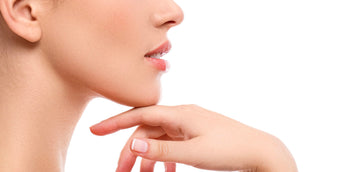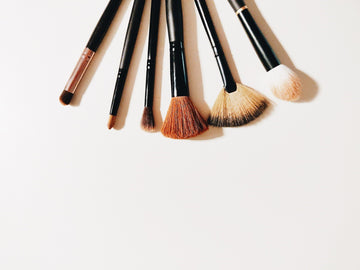Acne is a common inflammatory skin disease that affects the pilosebaceous units of the skin. It is one of the most frequent facial blemishes and has an incidence of approximately 85% in the population. Pimples cause discomfort, emotional stress, embarrassment and can leave permanent scars on the skin. In its most severe forms, the emotional impact of acne is comparable to that experienced by people with systemic diseases such as diabetes and epilepsy.
The causes of acne are multiple, but they all result in excessive bacterial growth within the hair follicle, which will subsequently cause inflammation of the skin that is commonly called a pimple. The bacterium that most commonly causes acne is called Cutibacterium Acnes .

How is it treated?
The main goal of acne treatment is to prevent new lesions from forming, treat existing ones, and prevent permanent scarring as much as possible. Classic dermatological treatments for acne involve topical and systemic medications and can have many unwanted effects , however there are solutions that will safely allow you to drastically reduce acne directly at home.
1 Phototherapy
Phototherapy is an extremely safe treatment for the skin and avoid using other products that could damage your face. Thanks to certain frequencies of Blue Light, Breala's Healthy Skin Mask has a dual function on the skin. If used consistently, it manages on the one hand to protect the skin of your face from the thousands of external agents it comes into contact with every day, and on the other to eliminate the bacterium that causes acne, a bit like disinfectant lamps, This mask emits a targeted light frequency that kills the C. Acnes bacteria on your skin , dramatically reducing pimples. The great advantage of this treatment is that it can be used on all skin types. It is always important to follow the manufacturer's instructions and the results will be visible after the first few days of treatment.
2 Exfoliation
Exfoliation can improve acne by preventing clogged skin pores. It is the process of removing the top layer of dead skin cells. You can use chemical or mechanical products to achieve this result and exfoliate the skin correctly, but be careful not to overdo it and not to use products that are excessively aggressive for your skin, otherwise the problem could worsen.
3 Avoid washing your face too much
Acne-prone skin is sensitive. Washing more than twice a day can irritate your skin, making acne worse. For best results, dermatologists recommend washing your face:
- As soon as you wake up
- Before going to bed
- After sweating
Then learn about your skin type and use specific detergents, soaps are in most cases too aggressive for the skin.
4 Change your pillowcase often
Did you know that the C. Acnes bacterium lurks in bed linen? As explained above, acne is produced by a bacterium. This bacteria proliferates in your pillowcase on dead skin cells that fall onto it during the night. Seeing is believing, just change your pillowcase every 3 or 4 days to see an improvement in acne on your face.
5 Pay attention to the products you use
Using too many substances on your skin can be counterproductive and can make acne worse. Avoiding wearing makeup is not always possible but minimizing facial skin contact with harmful substances is a must. Substances that contain oils also very often clog skin pores, making acne worse.


